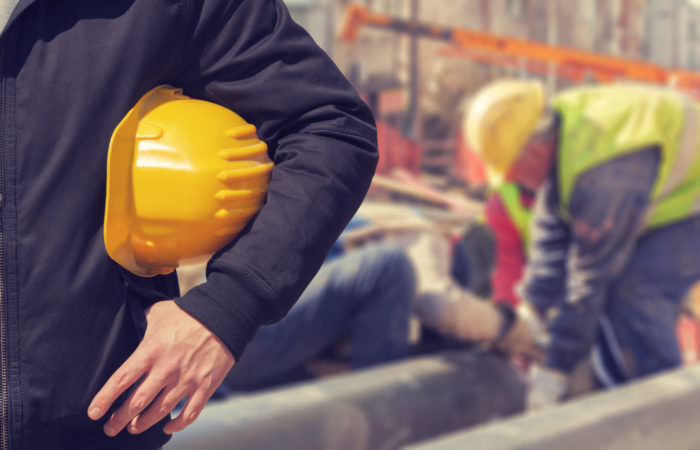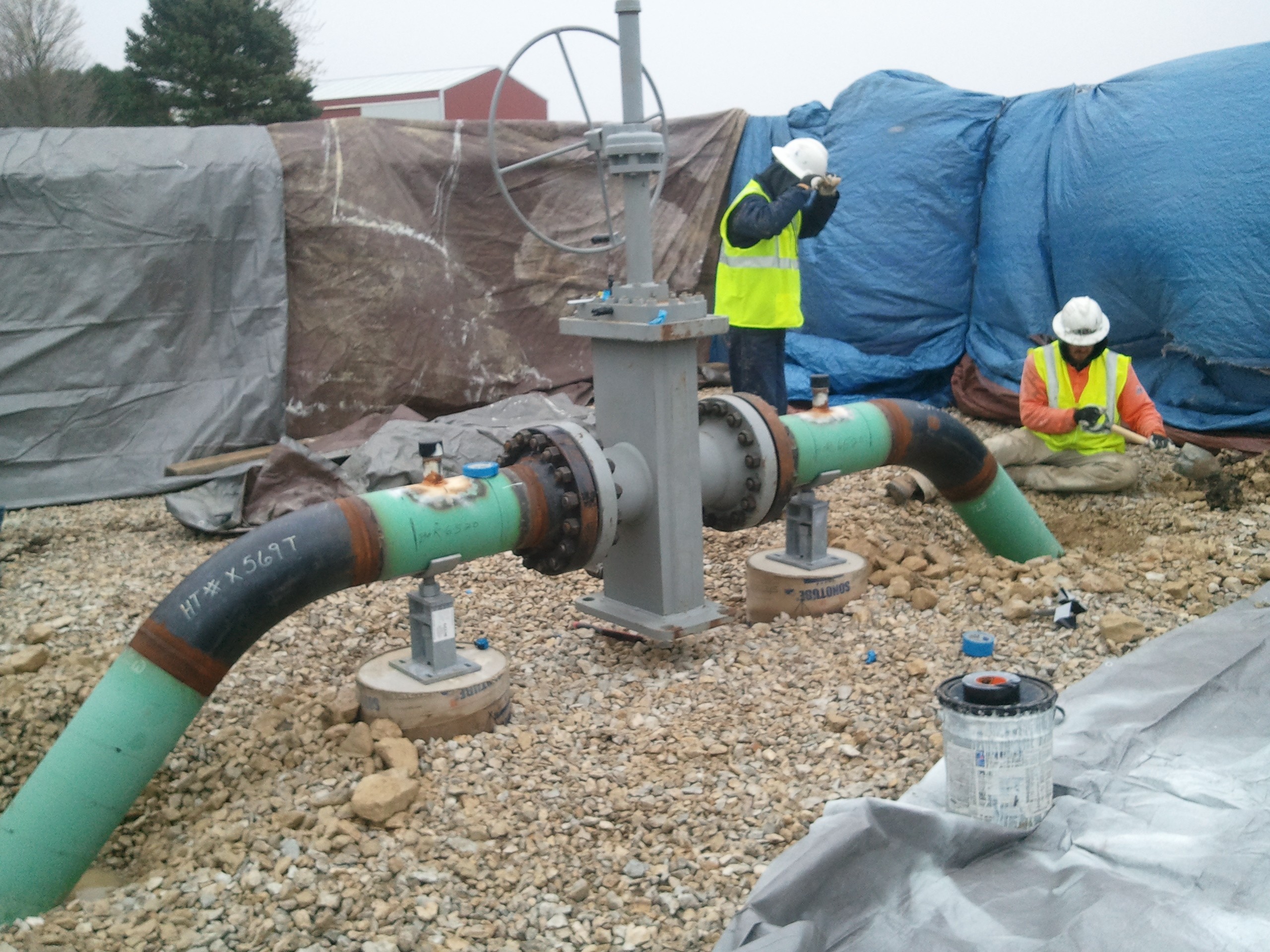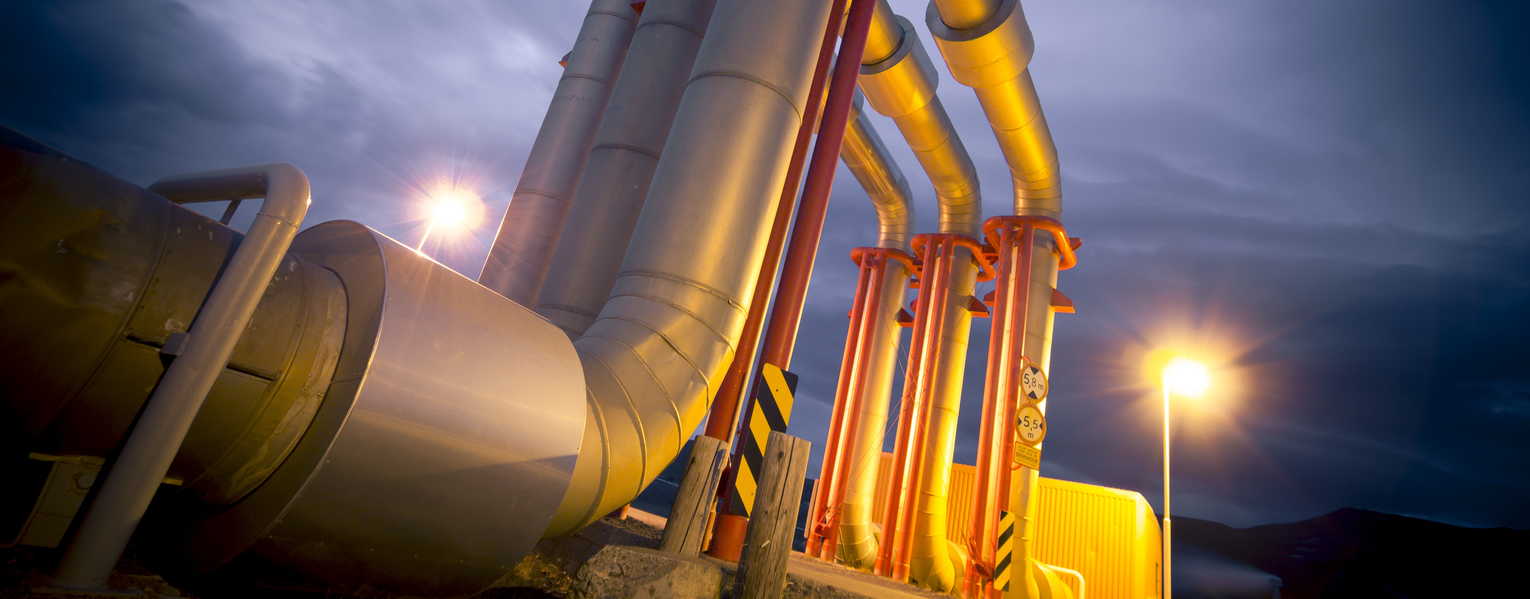

Introduction
In-Plant Rehabilitation of Pipelines
Field Rehabilitation Options
Out of the Ditch Rehabilitation Projects
In-situ and Short Segment Rehabilitation Projects
New Approach to In-Situ Rehabilitation
Internal Pipeline Rehabilitation Projects
Selecting a Field Rehabilitation Coating
Inspection of the pipeline
Making necessary repairs
Environmental Issues
Industry Standards
Job Specifications
Tying it all together
CDGA attendance certificate will be issued to all attendees completing minimum of 75% of the total course duration.
| Code | Date | Venue | Fees | Register |
|---|---|---|---|---|
| PE172-01 | 30-03-2026 | Amsterdam | USD 6950 | |
| PE172-02 | 14-06-2026 | Dubai | USD 5450 | |
| PE172-03 | 13-09-2026 | Cairo | USD 5450 | |
| PE172-04 | 20-12-2026 | Manama | USD 5450 |

Maintaining the ageing infrastructure such as underground pipelines is a challenge to facility owners worldwide. Understanding why and how cathodic protection works or fails can help the operator form ...

Flow assurance is a relatively new term in oil and gas industry. It refers to ensuring successful and economical flow of hydrocarbon stream from reservoir to the point of sale. Flow assurance is most ...
Providing services with a high quality that are satisfying the requirements
Appling the specifications and legalizations to ensure the quality of service.
Best utilization of resources for continually improving the business activities.
CDGA keen to selects highly technical instructors based on professional field experience
Since CDGA was established, it considered a training partner for world class oil & gas institution
3012, Block 3, 30 Euro Business Park, Little Island, Co. Cork, T45 V220, Ireland
Mon to Fri 09:00 AM to 06:00 PM
Contact Us anytime!
Request Info